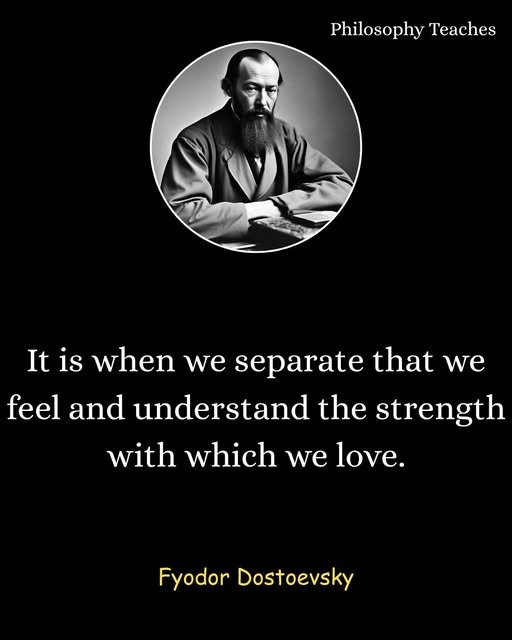6 Stoic Life Lesson People Learn Too Late In Life STOIC PHILOSOPHY
In the realm of Stoic philosophy, several life lessons resonate deeply, often realized in hindsight, yet profoundly transformative. Here are six pivotal Stoic insights that people frequently grasp too late in life:
The Power of Perception: Stoicism teaches us that our reactions, not external events, shape our reality. The lesson here is immense yet often overlooked until later in life. Understanding that you can control your perception and reaction to events is liberating. It encourages a shift from a passive to an active role in personal well-being.
Acceptance of What You Cannot Control: A fundamental Stoic principle involves distinguishing between what is within our control and what isn’t. Many spend years trying to control the uncontrollable, leading to unnecessary frustration and distress. Learning to focus your energy only on what you can directly influence simplifies life and increases effectiveness.
The Impermanence of Everything: Stoics are acutely aware of life\'s transience, a concept encapsulated in the term memento mori—remember that you must die. This isn\'t morbid; rather, it serves as a motivation to live fully and appreciate the moment. It’s a lesson that often comes into clear focus as we age and face life’s inevitable losses.
Self-Sufficiency Brings Freedom: Stoicism advocates for internal wealth, suggesting that true happiness doesn\'t depend on external circumstances but on self-sufficiency. Realizing that seeking validation or fulfillment solely through others or material possessions is unsteady and unreliable can drastically shift one\'s approach to life.
Virtue Is the Sole Good: Stoics strive to live virtuously—wisdom, courage, justice, and temperance are the cornerstones of a good life. This lesson is essential yet frequently sidelined by the pursuit of superficial successes or pleasures. True contentment, Stoics argue, comes from being a good person in the ethical sense, not merely in social or financial achievements.
The Importance of Reflection: Regular introspection is a Stoic exercise to foster growth and personal improvement. Often, people don’t take stock of their lives until a crisis occurs. Stoicism encourages daily reflection to make continual adjustments, ensuring alignment with one\'s values and goals.
Incorporating these Stoic lessons earlier can lead to a more content and controlled life. Understanding these principles isn’t just about reading them; it\'s about actively integrating them into daily living, turning philosophy into a tool for life enhancement.
























.jpg)







.jpeg)


.jpeg)
.jpg)

.jpg)
.jpeg)

.jpeg)




.jpg)














.jpg)







.jpg)


.png)

.jpeg)

.jpg)



.jpg)















